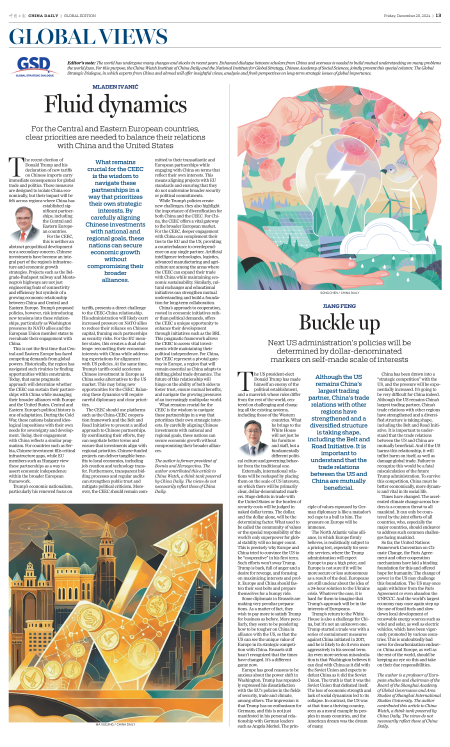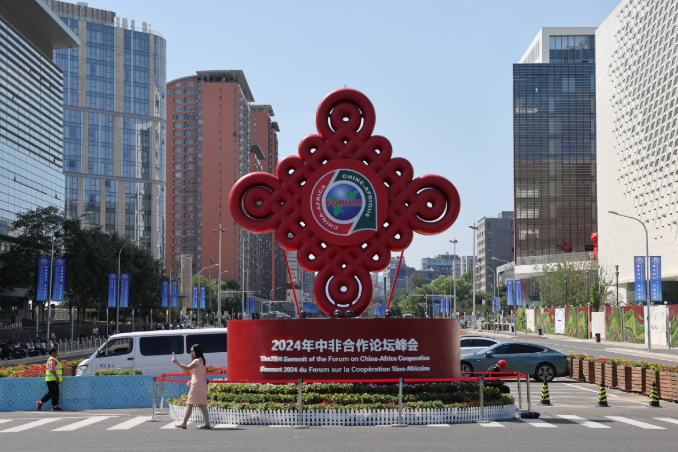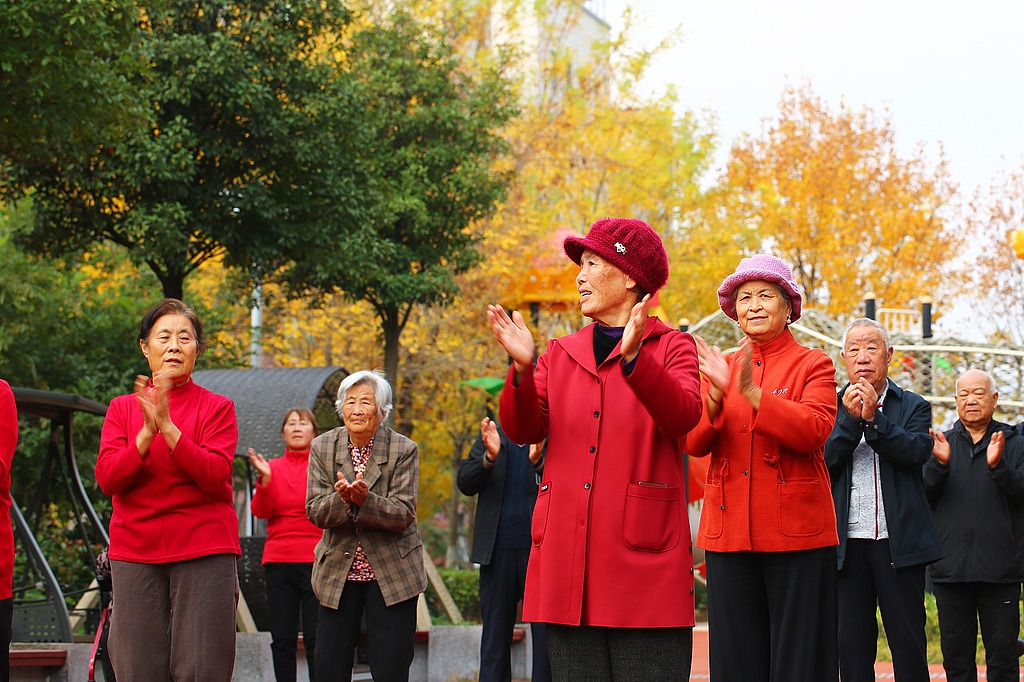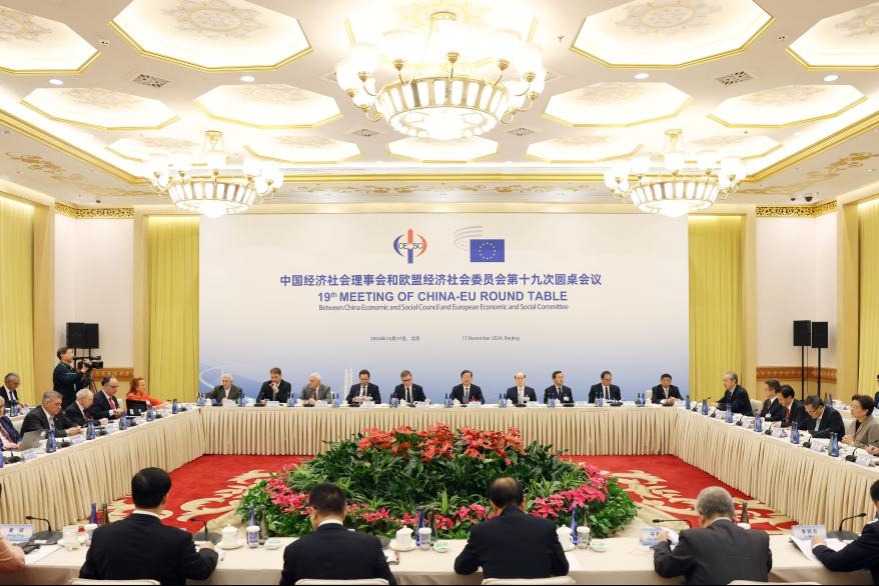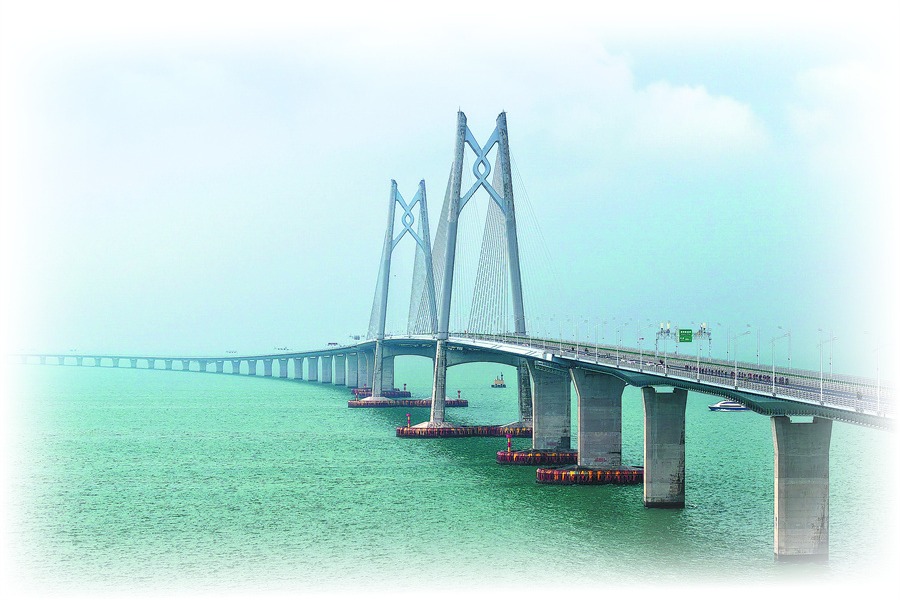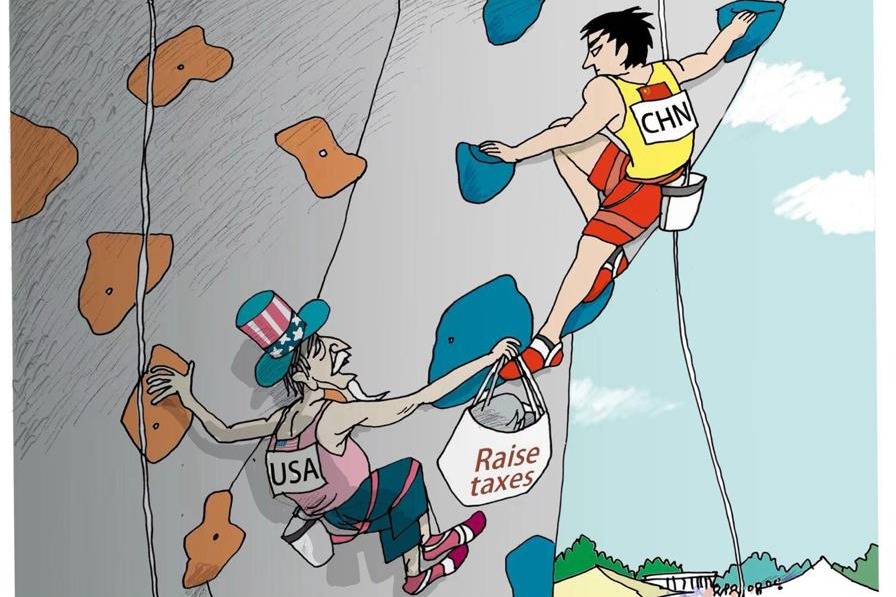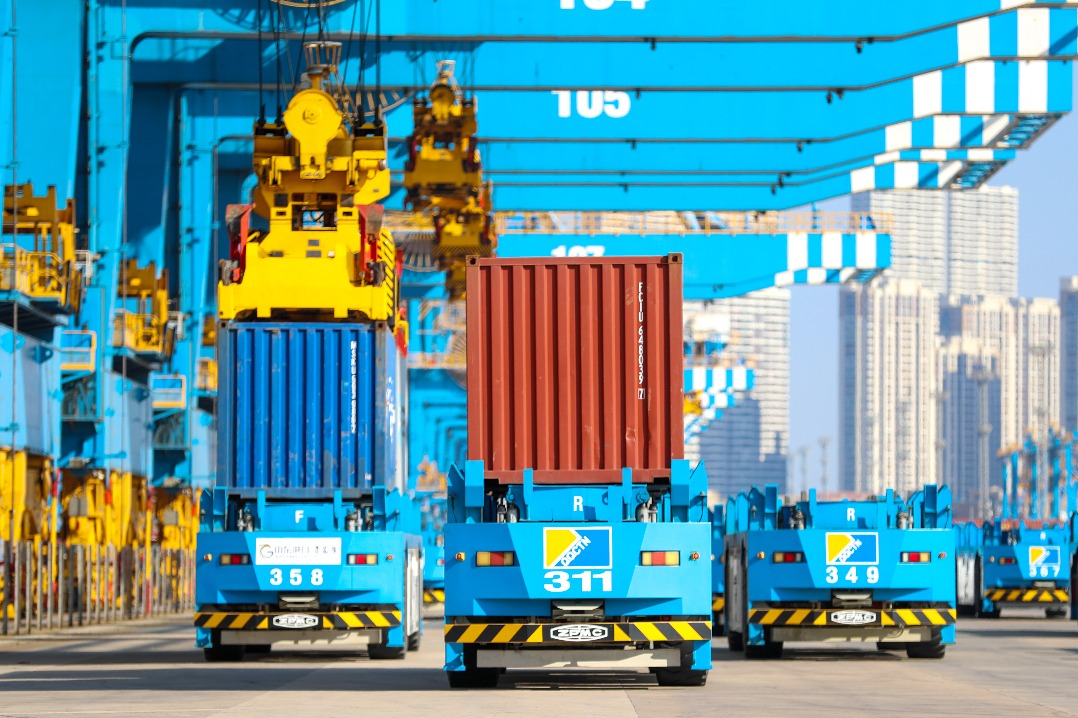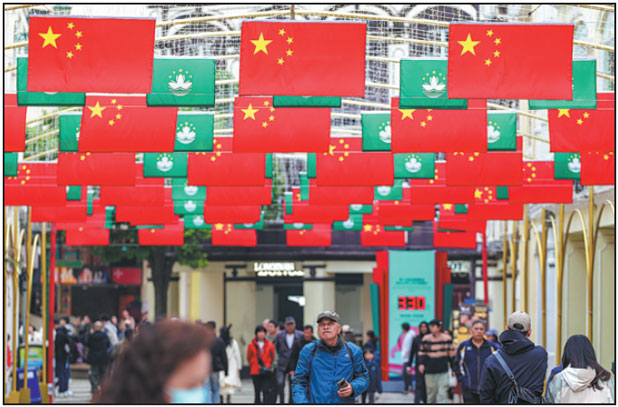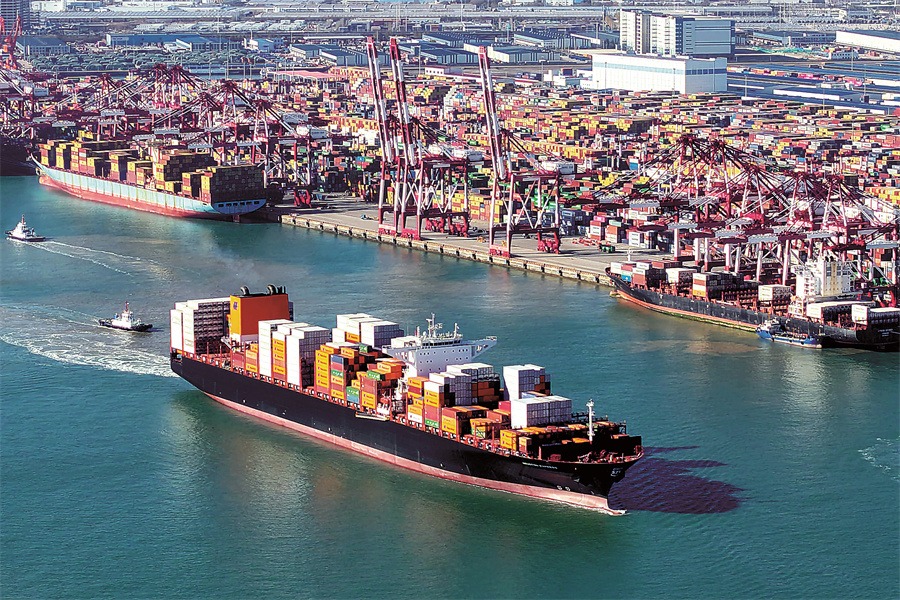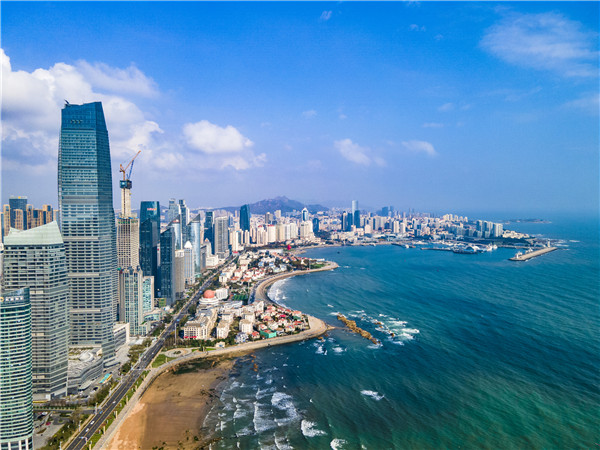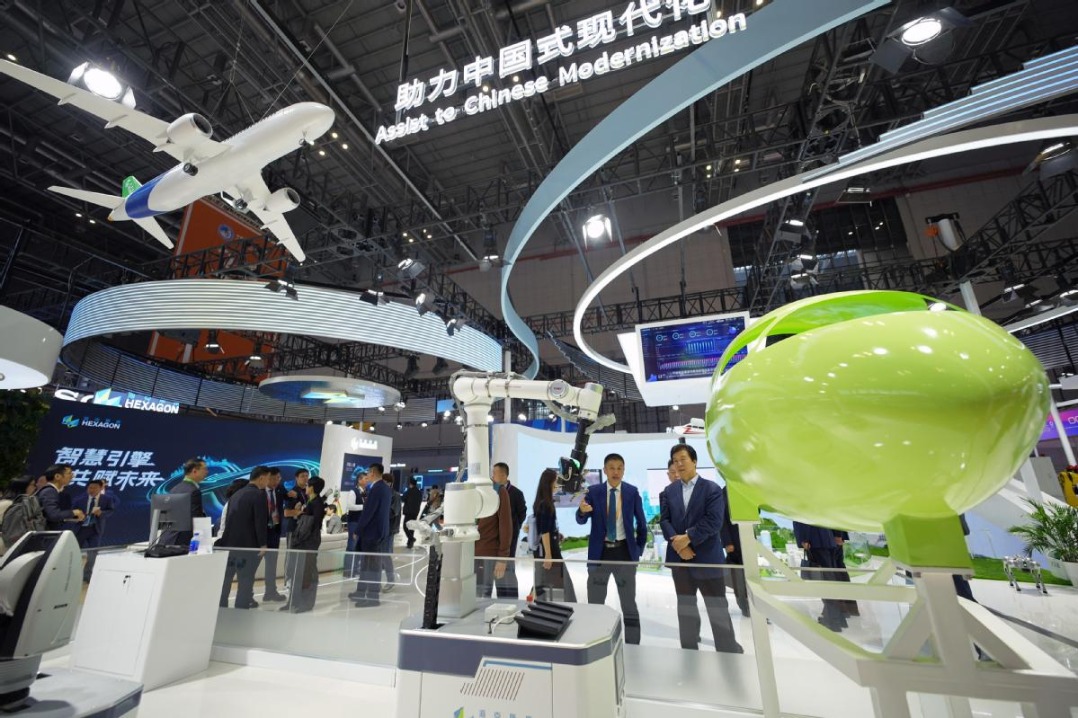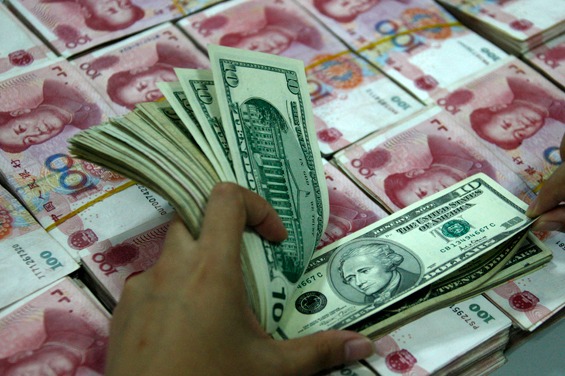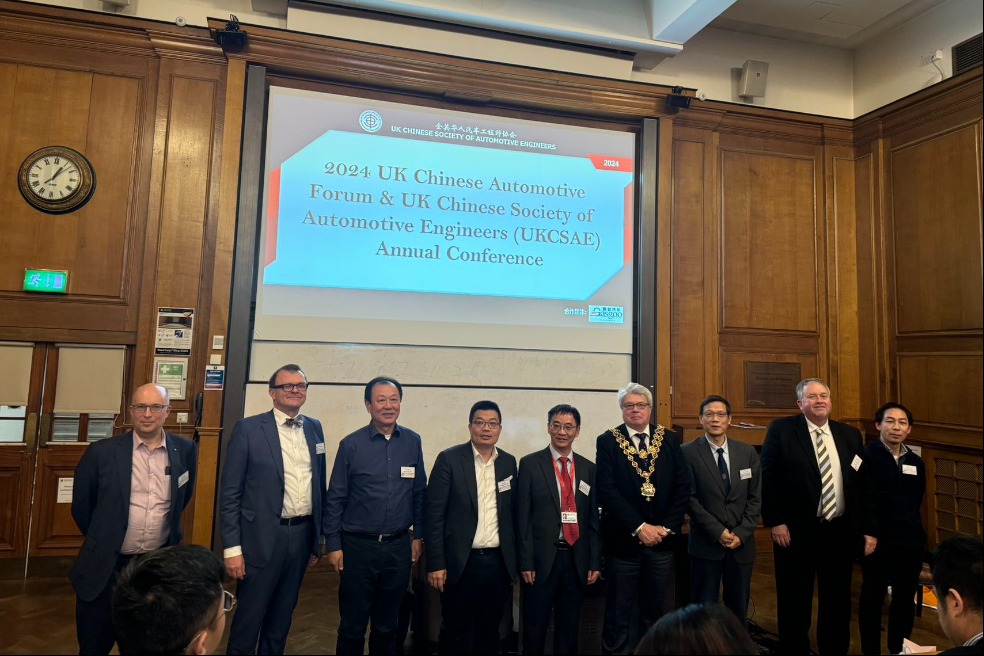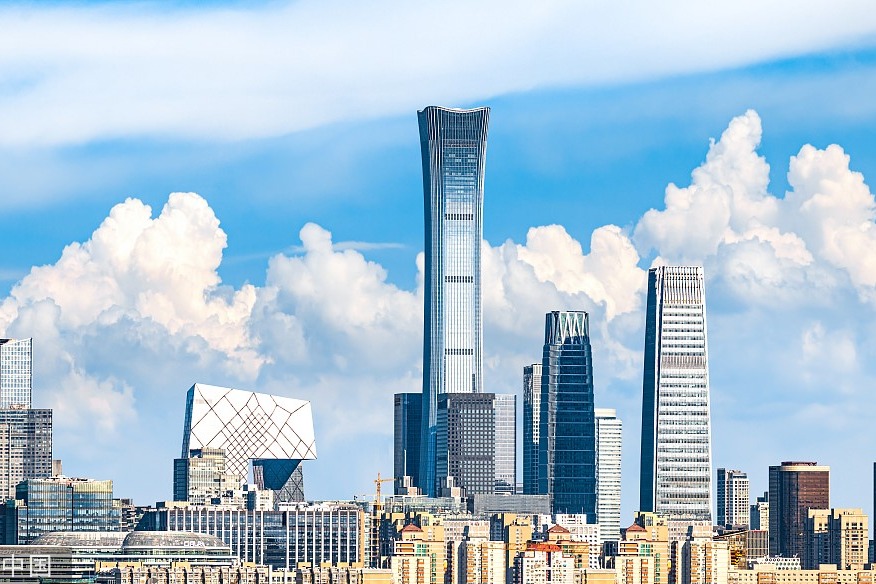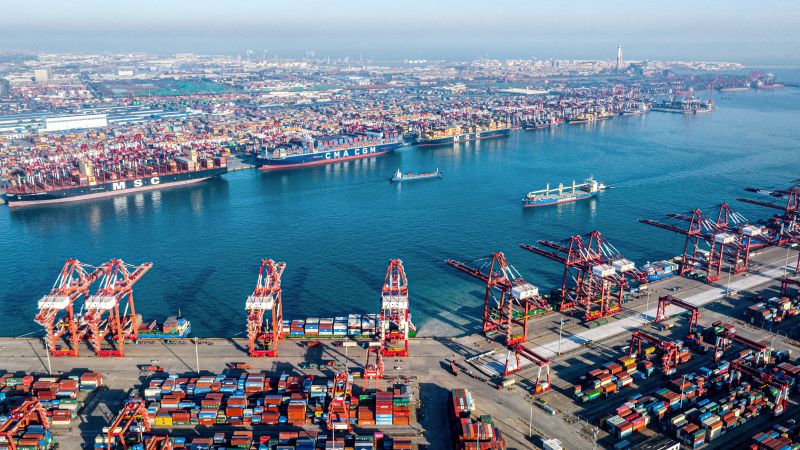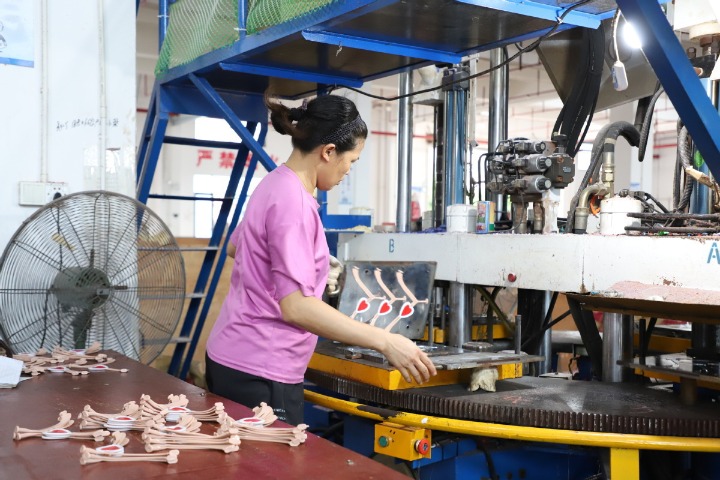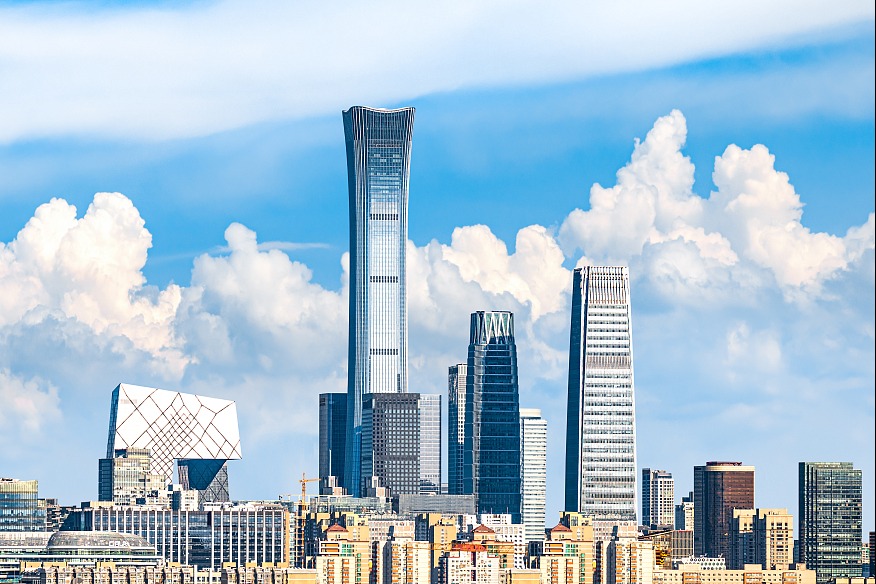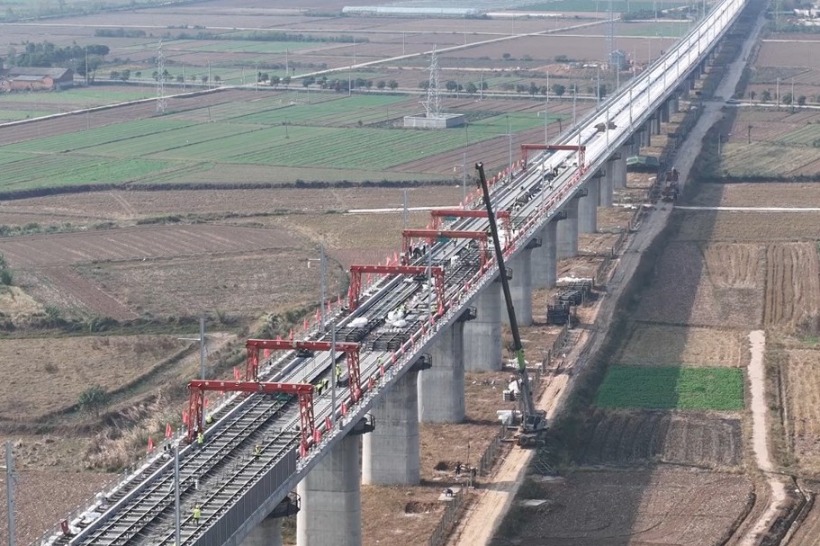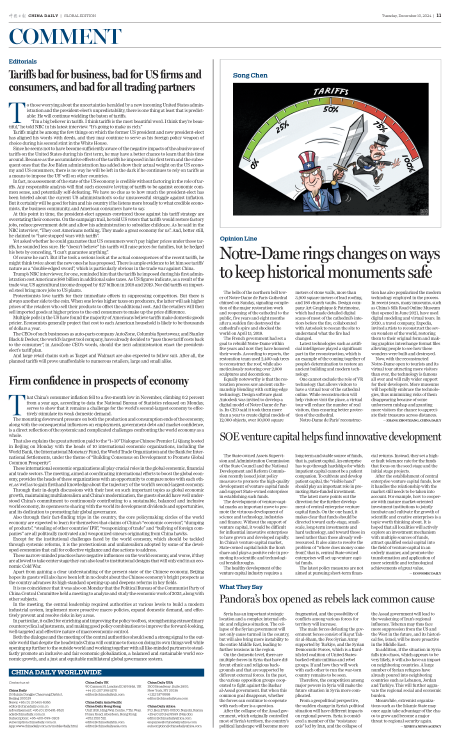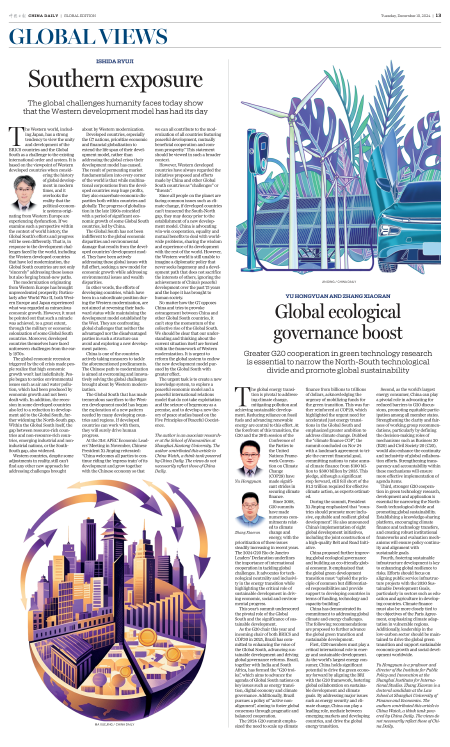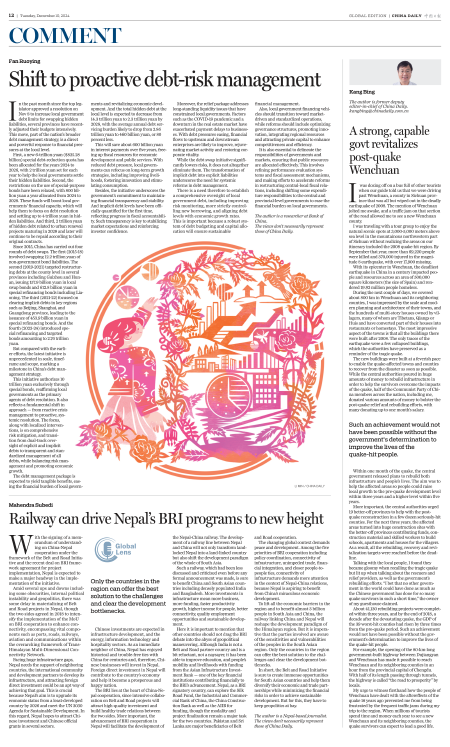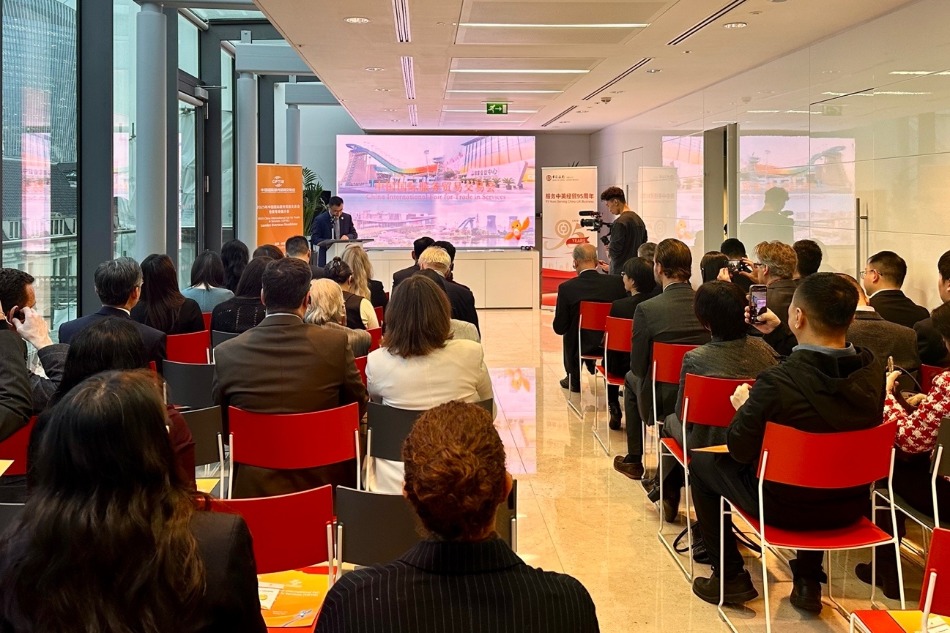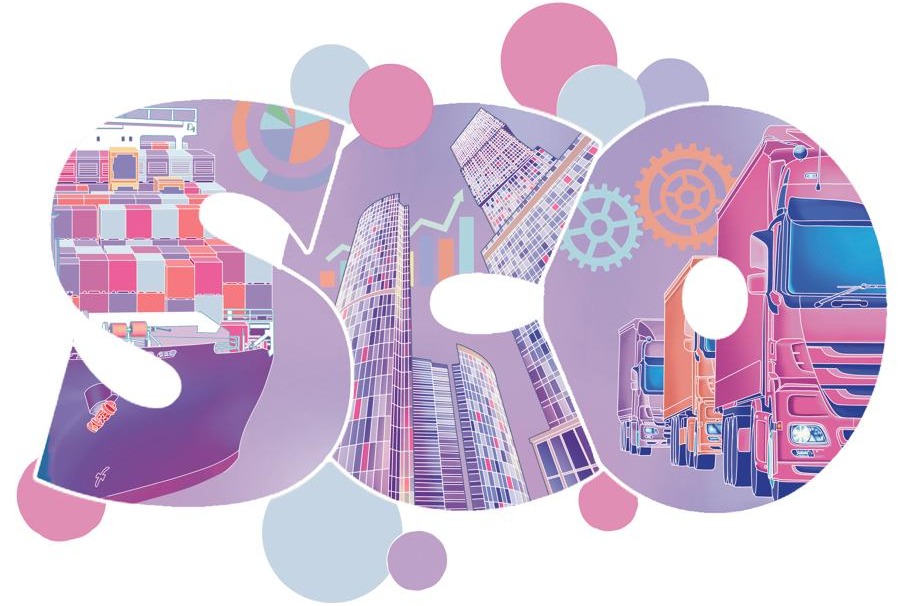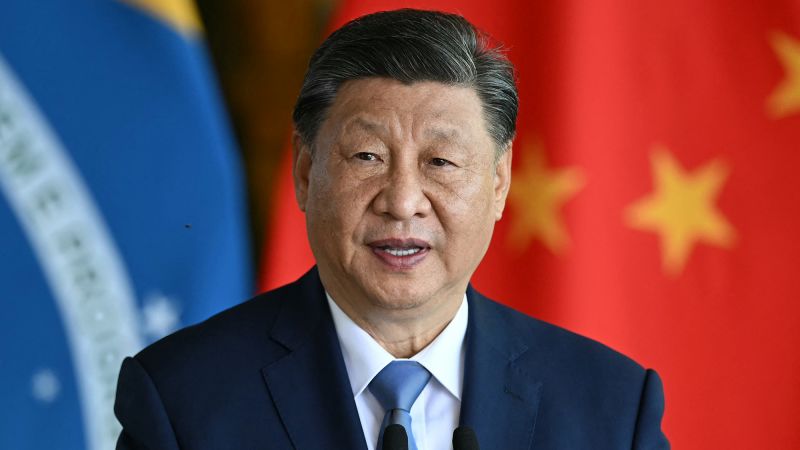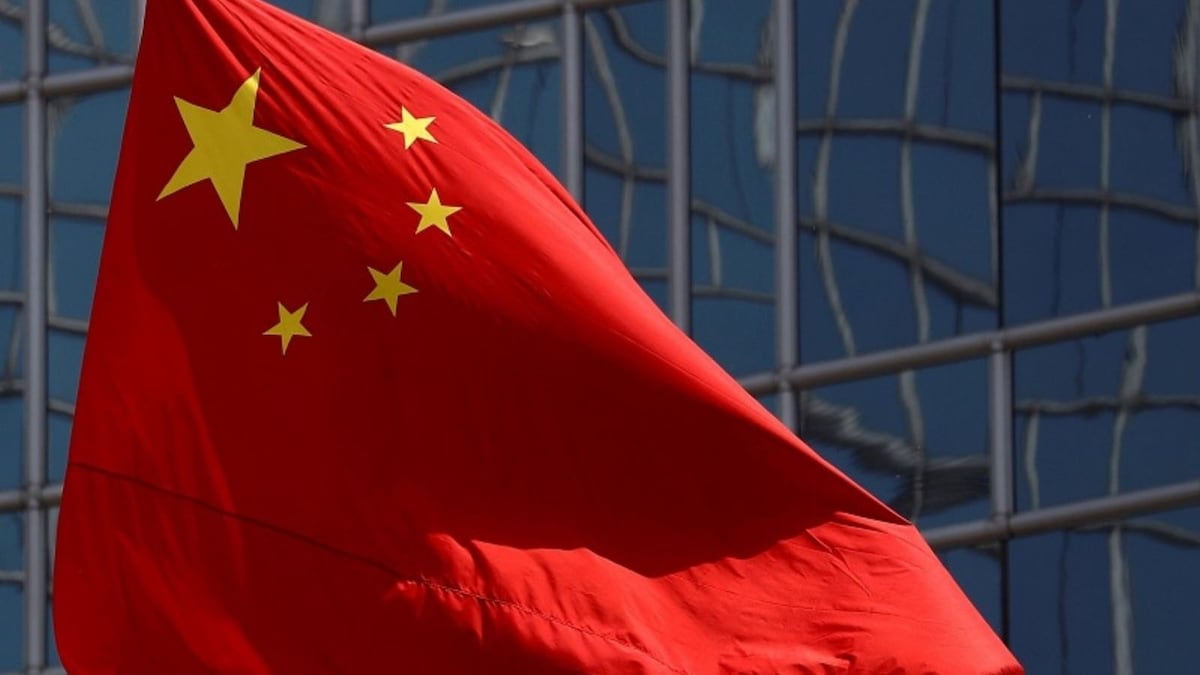
China’s Ambitious BRI Faces the Pandemic Challenge
News 18The China Way The COVID-19 pandemic is undoubtedly hurting the global economy in a multitude of ways. Countries that had not signed MoUs with China within the BRI framework, witnessed an approximate 70 per cent drop in Chinese investments. On the Asian front, where 70 per cent control of Sri Lanka’s Hambantota port was leased to a Chinese state-owned firm for 99 years, it reinforced China’s ‘debt-trap diplomacy’—a term coined by the international community a few years back based on increasing debts owed to China by economically vulnerable nations. This also coincides with the G7’s Build Back Better World Initiative in 2021 for global infrastructure development, to counter China’s BRI. Hence, in the view of China’s domestic economy as well as the global economic slump aggravated by the pandemic, if Beijing goes ahead with the BRI, it needs a more steady approach with emphasis on the healthcare infrastructure, such as by revamping the Health Silk Road component of BRI which could add renewed credibility to the BRI.
History of this topic
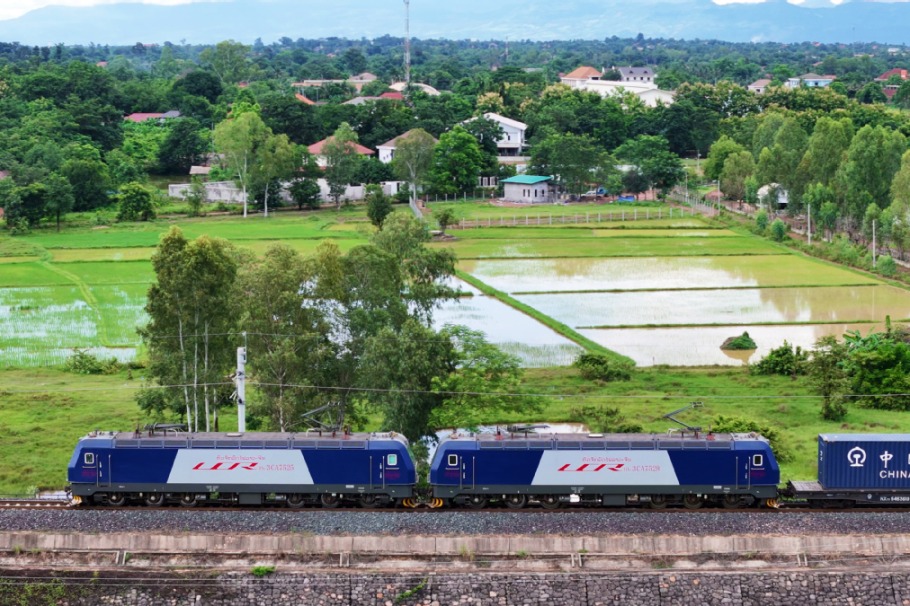
BRI greatly boosts economic potential of involved countries
China DailyMaintaining global vision, China staunch supporter of global development
China Daily
Chinese overcapacity is crushing the global steel industry
Live Mint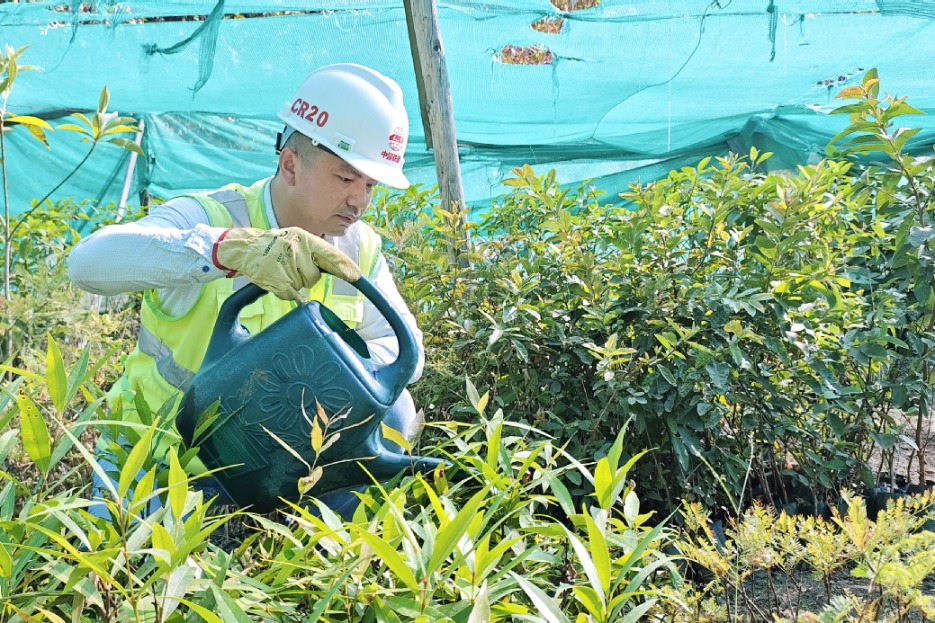
China committed to advancing BRI cooperation in green energy: white paper
China Daily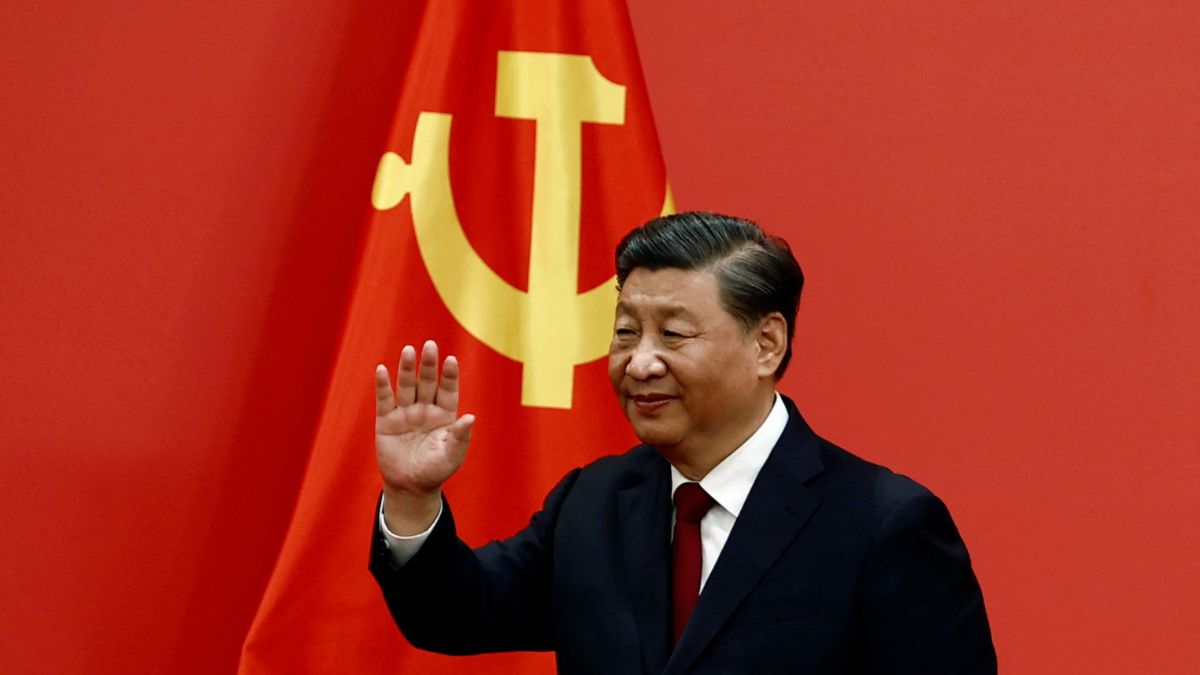)
China’s inward turn: A path to stability or stagnation?
Firstpost
Four-wheel drive
China Daily
BRIdging a divide
China Daily
BRIdging a divide
China Daily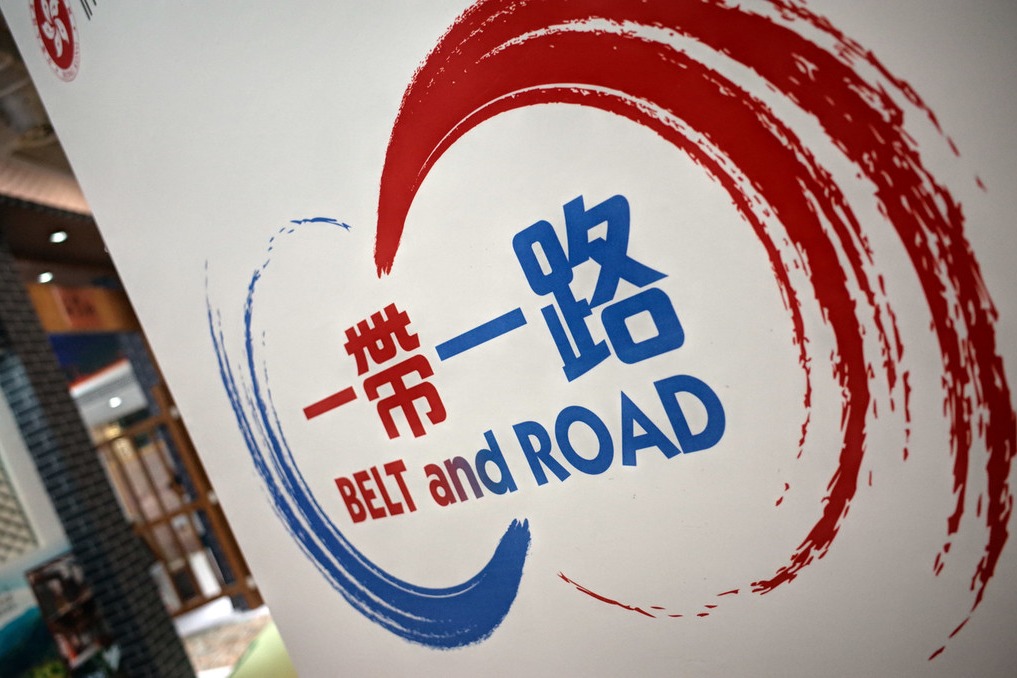
China hopes US will do something concrete for Africa's development: spokesperson
China Daily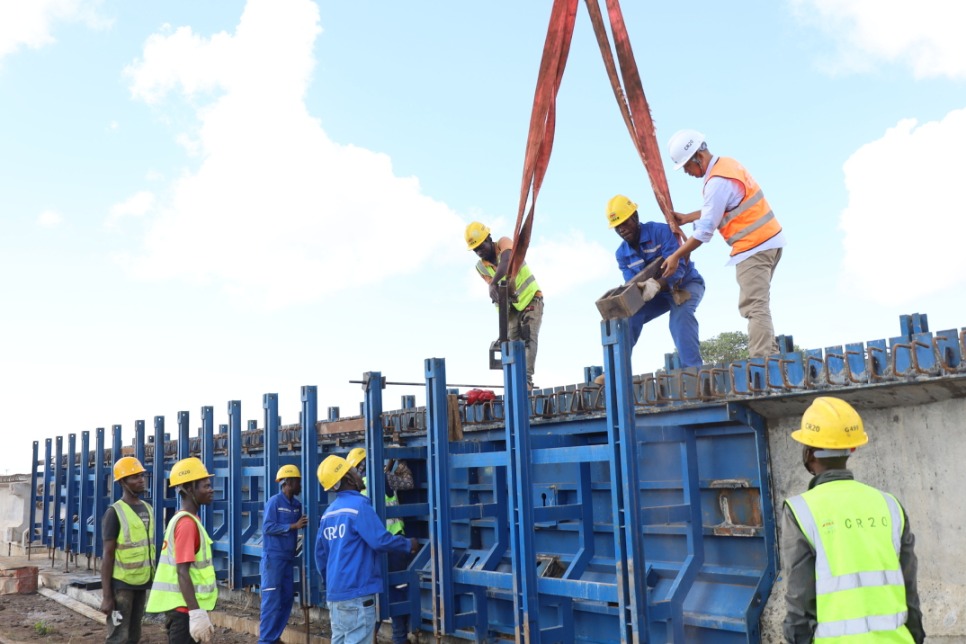
Chinese builder scores big in overseas infrastructure
China Daily
Green advantage makes investors see opportunity, not overcapacity
China Daily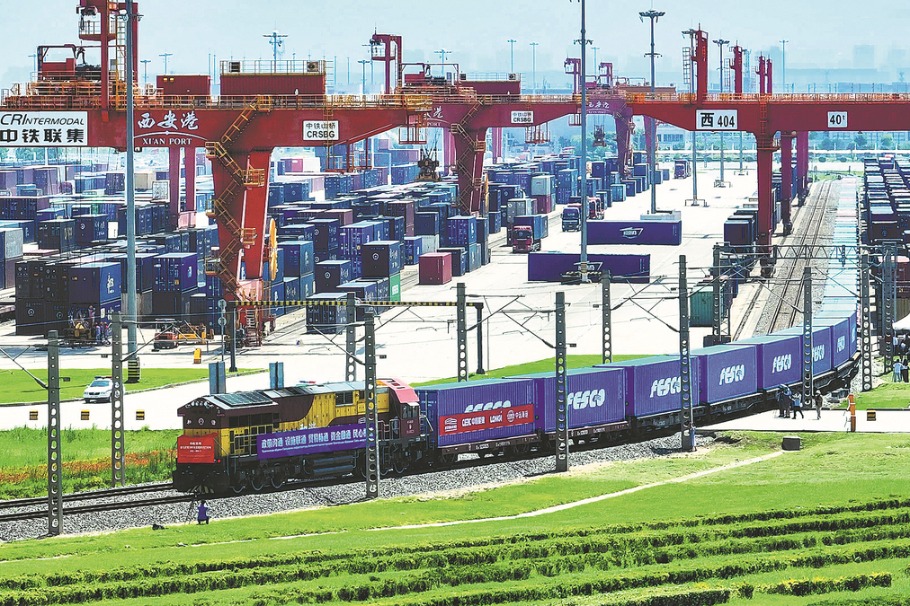
China's new development, world's new opportunities
China Daily
China's new development, world's new opportunities
China Daily
China's new development, world's new opportunities
China Daily
China's new development, world's new opportunities
China Daily)
Maldives President praises China's BRI project amid diplomatic row with India
Firstpost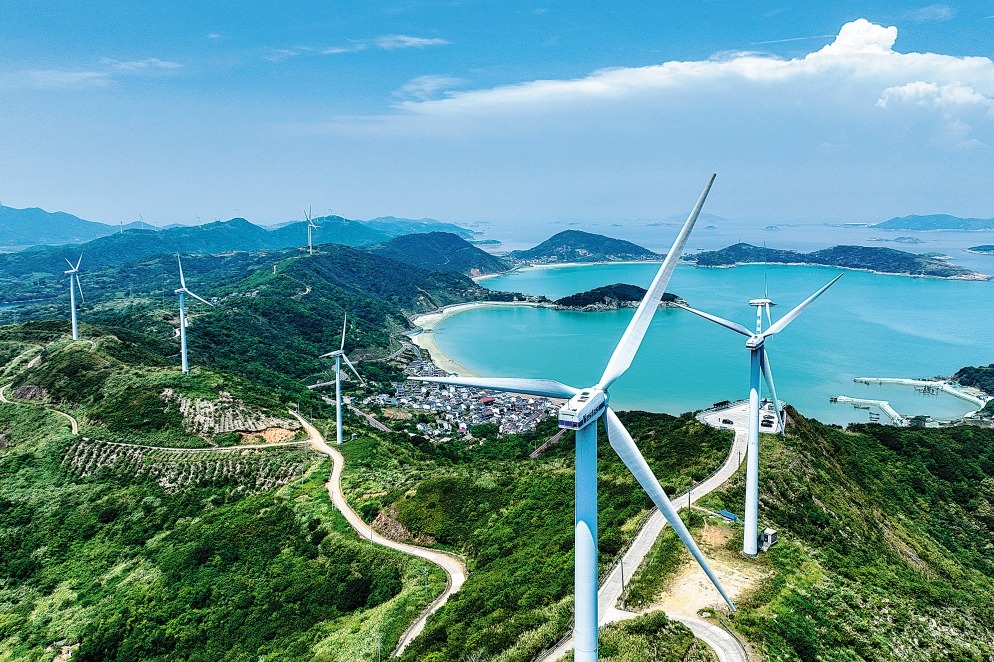
China eyes BRI tie-ups in green, digital fields
China Daily
China warns against ‘undermining’ Belt and Road plan after Italy withdraws
Al Jazeera
Italy officially quits Chinese Belt and Road Initiative
Op India
Italy reportedly drops out of China Belt and Road initiative that failed to deliver
Associated Press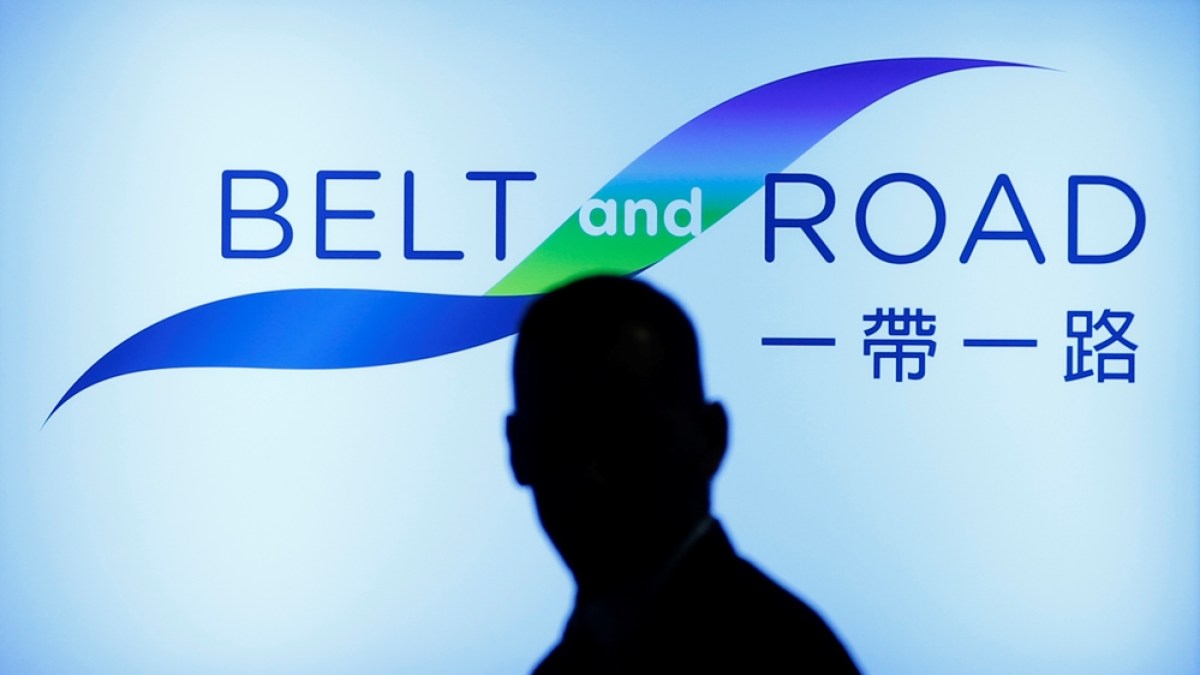
Italy withdraws from China’s Belt and Road Initiative, reports say
Al Jazeera
US' copycat moves demonstrate BRI's worth
China Daily
Country largest trade partner of 25 BRI economies
China Daily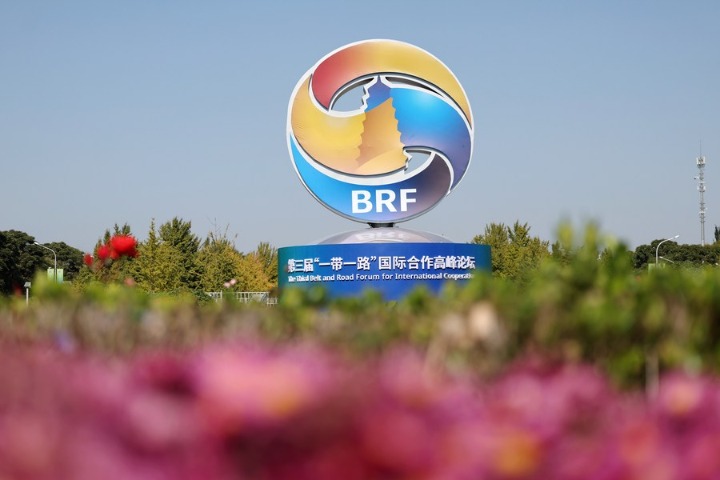
Belt and Road key to fair global modernization
China Daily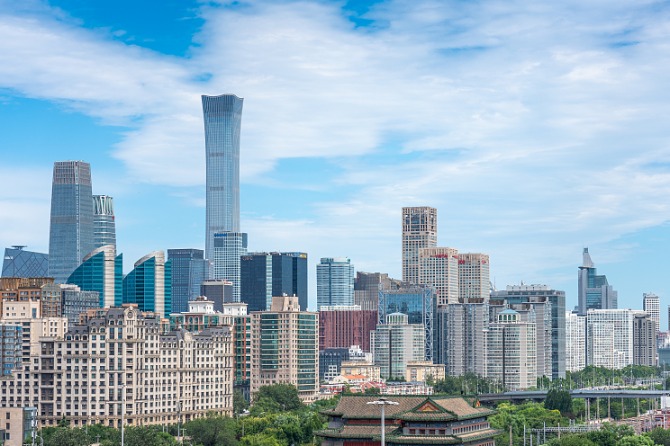
BRI also means soft connectivity, greater people-to-people contact
China Daily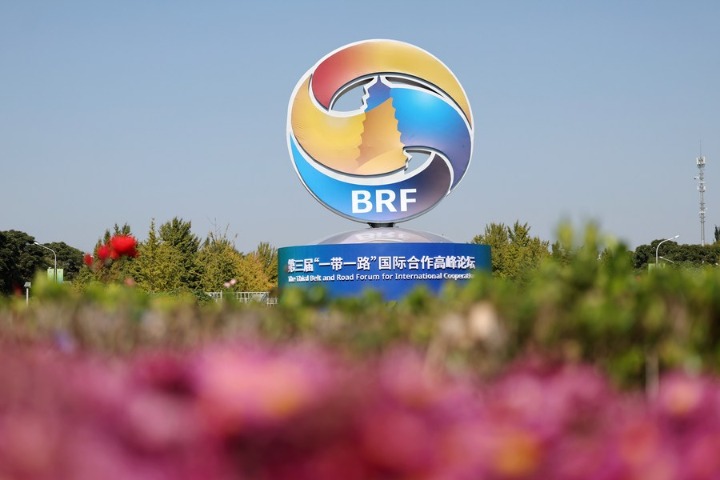
Experts share views on Belt and Road Initiative
China Daily
Experts share views on Belt and Road Initiative
China Daily
Shandong enterprises actively join the BRI
China Daily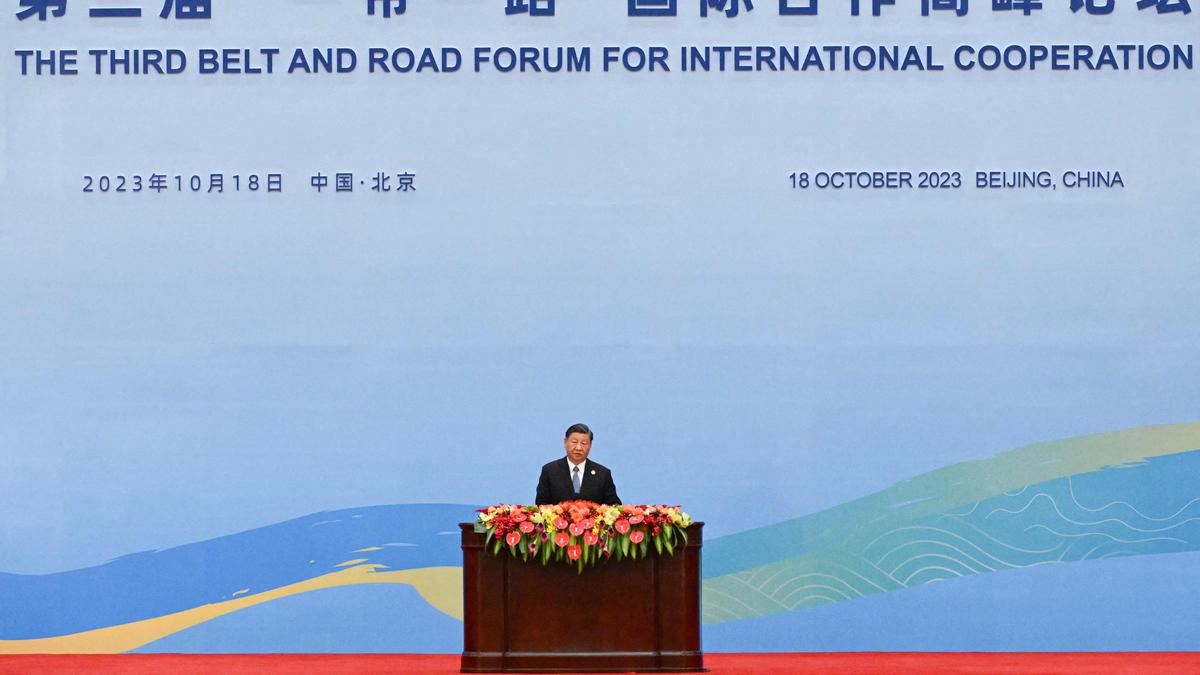
The BRI at 10, some hits, many misses
The Hindu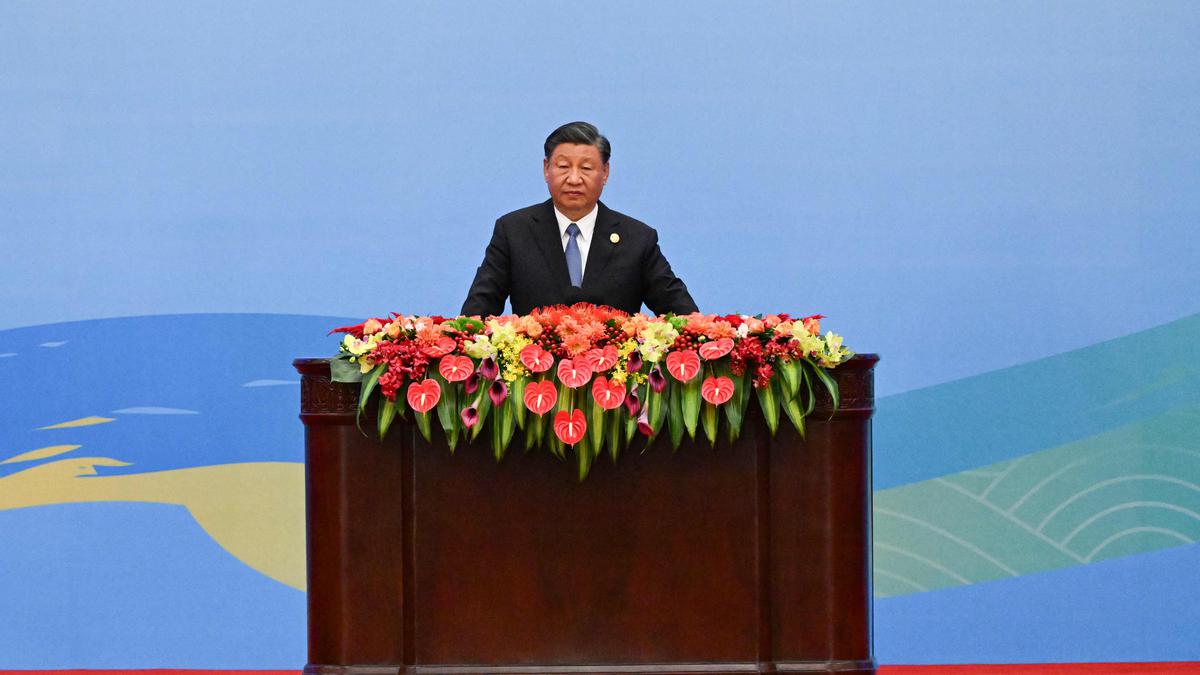
How China's Belt and Road Initiative is changing after a decade of big projects and big debts
The HinduChina’s Xi promises open markets and billions in new investments for ‘Belt and Road’ projects
Associated Press
China’s Xi warns West against economic ‘decoupling’
Al Jazeera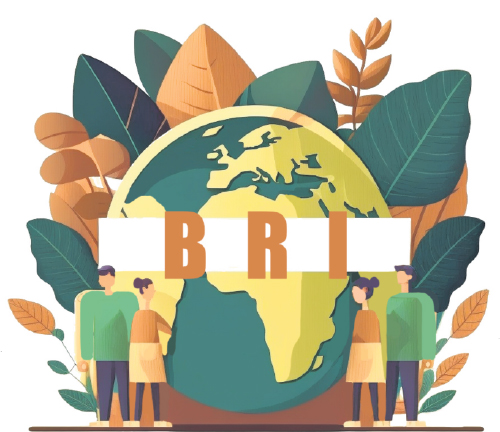
Shandong contributes greatly to BRI development
China Daily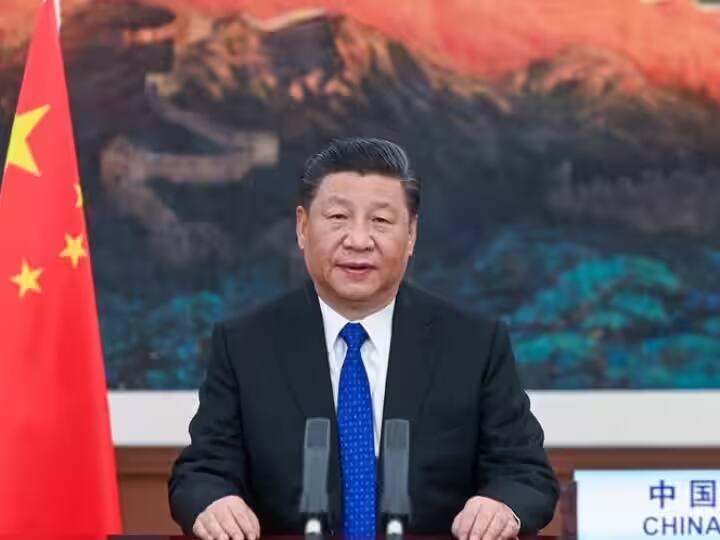
'BRI Loans Neither Windfall Nor Alms-Giving': Chinese President Xi Amid Criticism Of Its Flagship Project
ABP NewsHow China’s Belt and Road Initiative is changing after a decade of big projects and big debts
Associated Press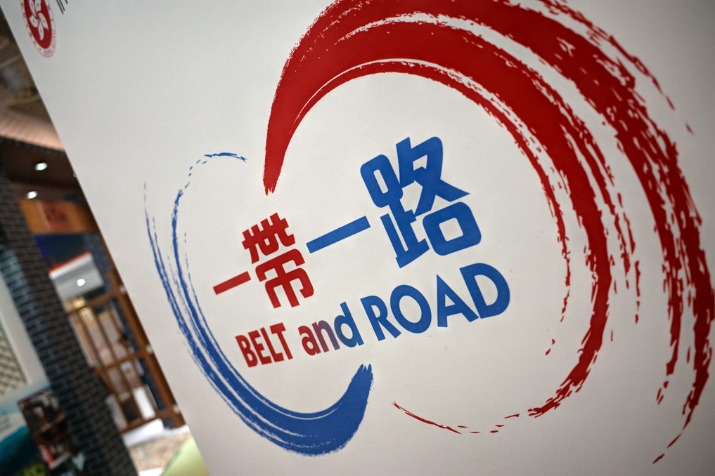
How the Belt and Road gives rise to a more inclusive world
China Daily
As China's Belt and Road project turns 10, it's about more than just development
NPR
China Reboots Its Belt and Road Initiative
Live Mint
Boosting the global energy transition
China Daily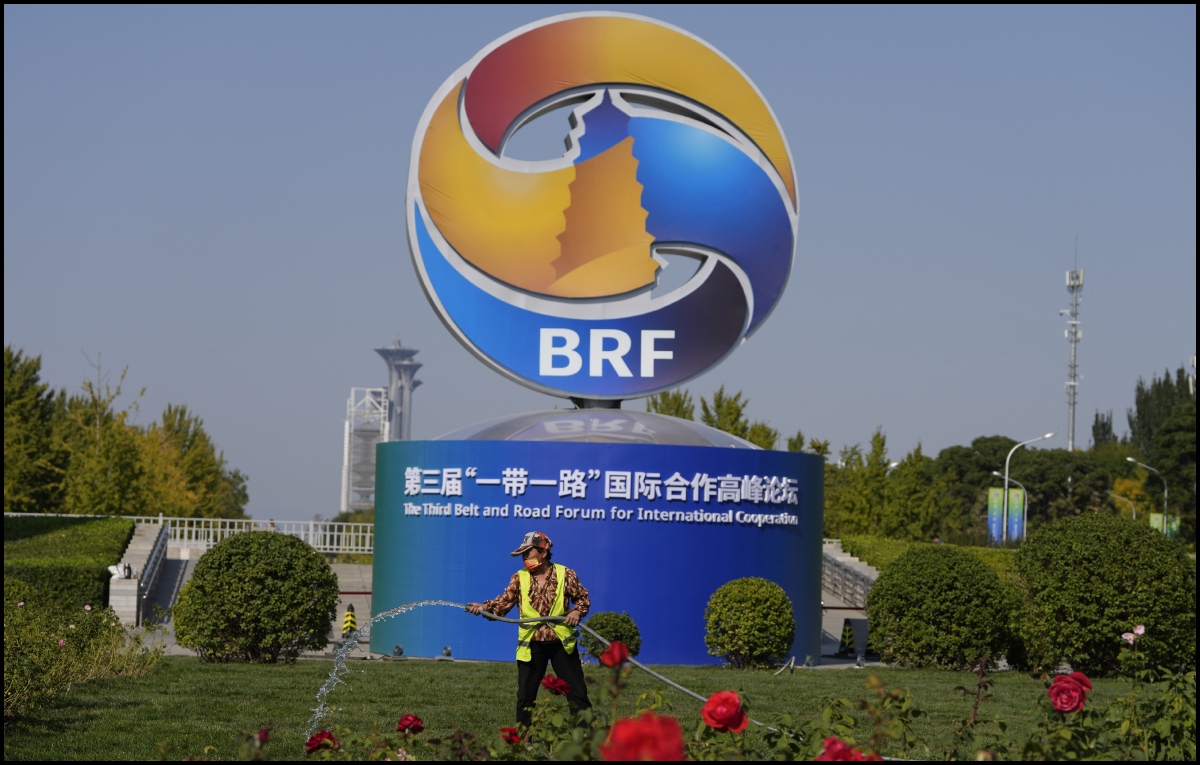
India to again boycott China's Belt and Road event amid criticism of CPEC: Sources
India TV News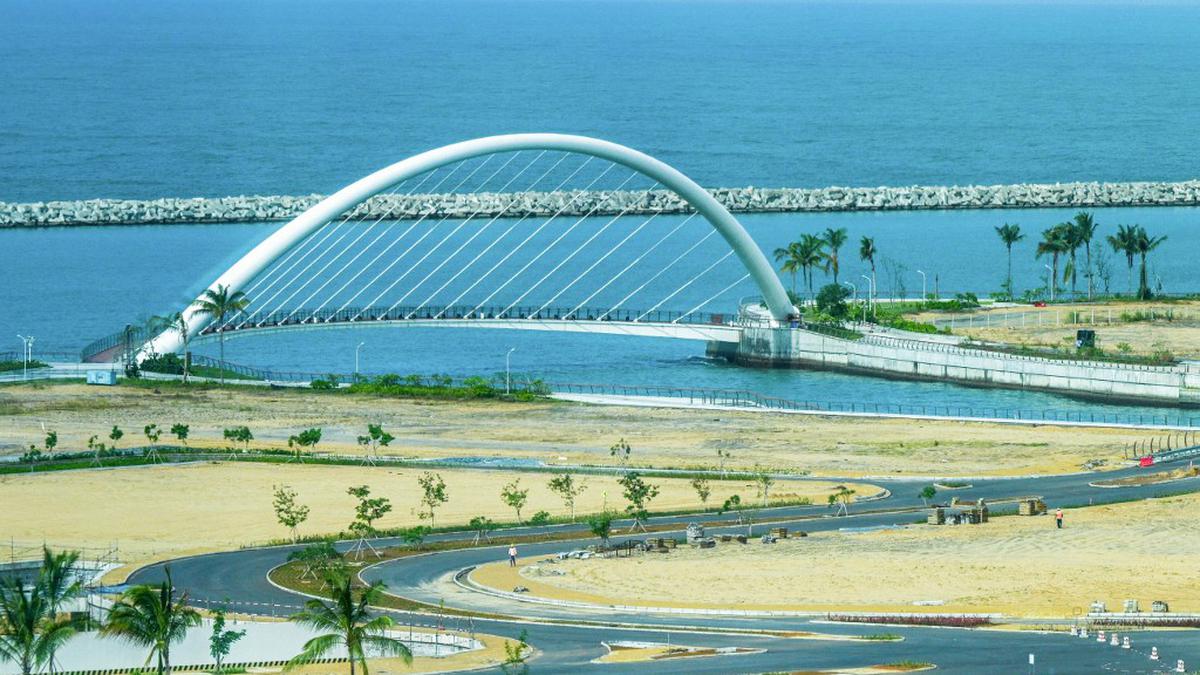
Belt and Road Initiative | Silk Roads at a crossroads
The Hindu
Ten years of Belt and Road shows secret behind initiative's success
China Daily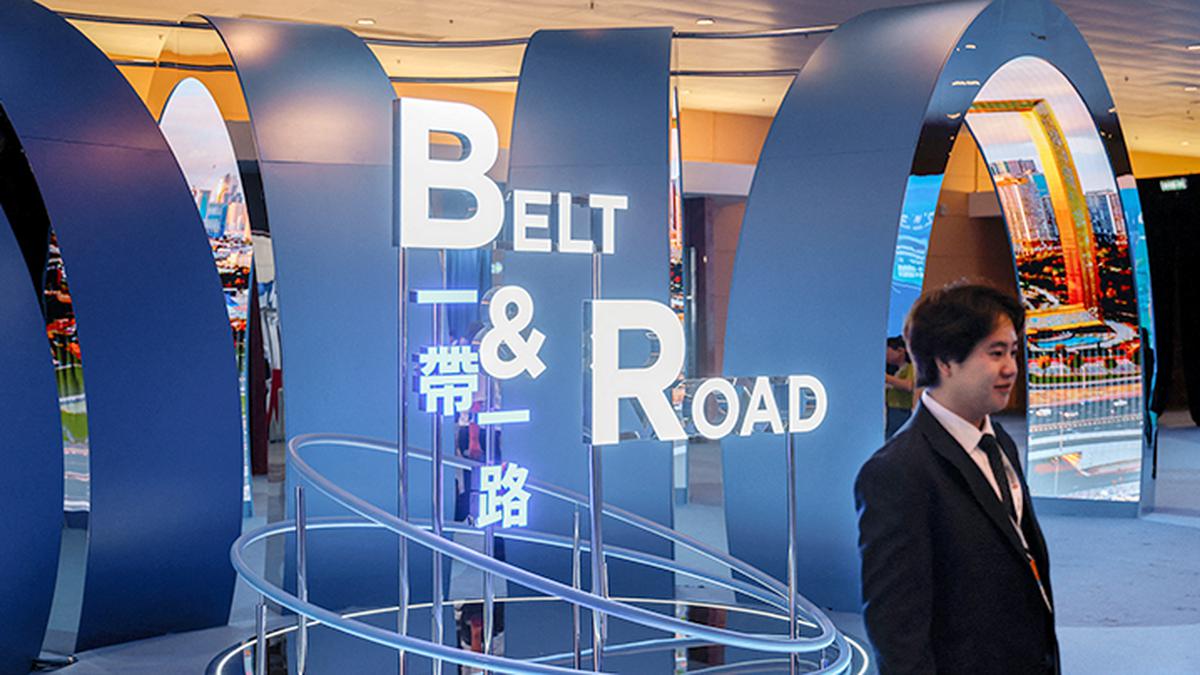
India likely to skip China’s BRI summit
The HinduChina touts its Belt and Road infrastructure lending as an alternative for international development
Associated Press
A Decade Down the Belt and Road
The Diplomat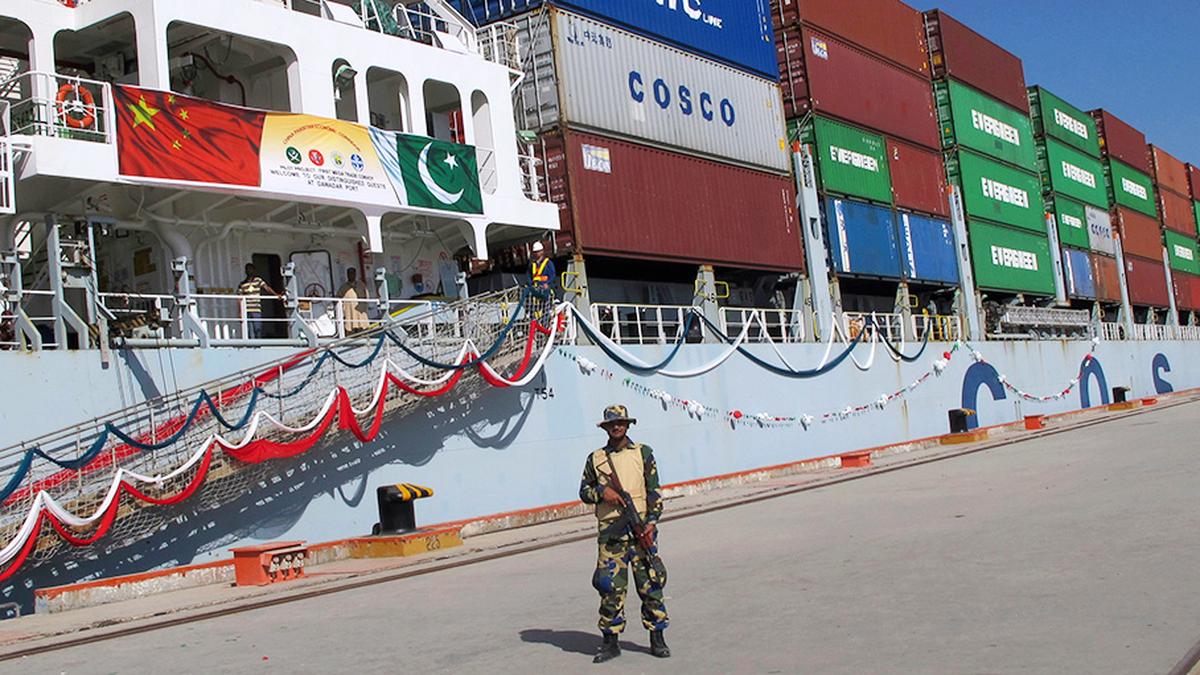
China says 90 countries have confirmed attendance for Belt and Road Initiative conference
The HinduChina touts the benefits of its ‘Belt and Road’ initiative to Italy, which may end the agreement
Associated Press
China touts ‘Belt and Road’ to Italy amid growing doubts in Rome
Al Jazeera
China’s economic troubles mark the end of its geopolitical ascent
Live Mint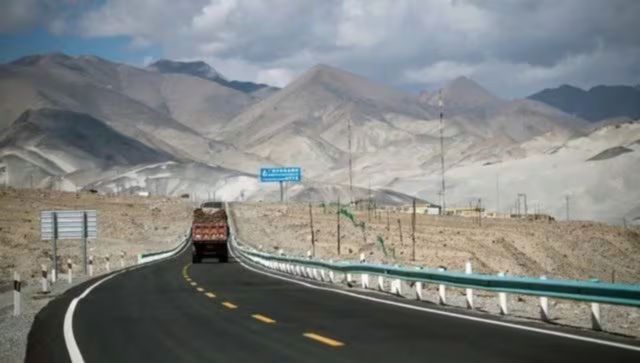)
10 years of China's Belt & Road project: South Asia barring India & Bhutan, in a bind over Beijing’s predatory tactics
FirstpostDiscover Related




